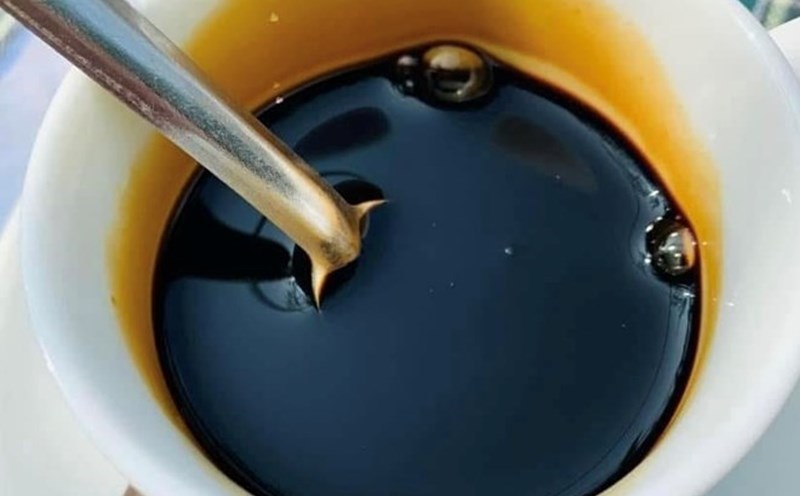Damaged tea, mold
For the liver, drinking tea that is not properly preserved or the tea has mold for a long time can be extremely harmful.
The moisture and high temperature also cause changes in the internal composition of tea leaves, especially the mold toxins in them, which begin to gradually accumulate and affect the liver.
If the tea is not stored properly, the ingredients in the tea will be deformed, especially the concentration of mold toxins will increase gradually. The harmful effects of these toxins on the liver is difficult to recognize.
Toxins such as aflatoxin are produced by mold in tea, and after entering the body, they undergo metabolism in the liver. These toxic substances will damage liver cells and increase the detoxification burden of the liver, which can eventually lead to liver damage and even liver cancer.
The dangers of these mold toxins are not only shown in direct liver damage. Long-term accumulation of doc lapity can also change the liver's metabolic function, leading to the inability to excrete toxins effectively in the body, thereby increasing the burden on the liver.
Tea is brewed too long
Soaking tea leaves in water for a long time not only releases too many ingredients such as caffeine and tannic acid in tea, but also increases the toxic substances and heavy metals in tea.
In particular, some teas contain more organic matter. Long-term soaking will cause these organic substances to change and produce chemical components that are harmful to the human body.
When these components are taken into the body and metabolized and broken down by the liver, they will increase the burden on the liver. It can even cause chronic hepatitis, fatty liver and other diseases in the long run.
Therefore, making tea for a long time is not really good for our liver health.











